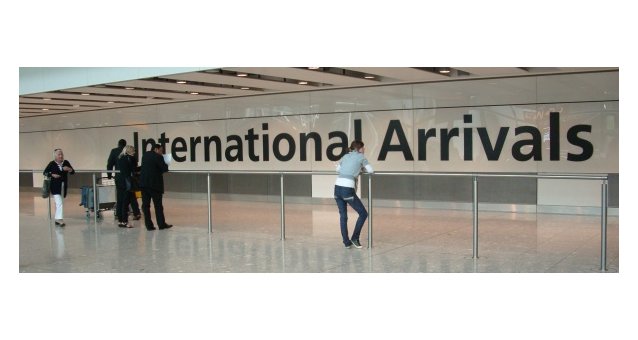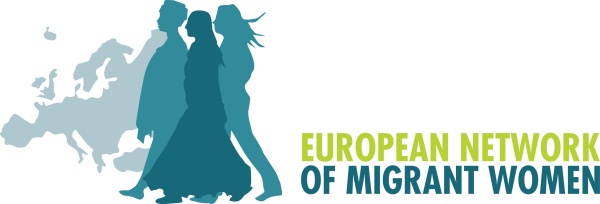EU Member States must guarantee equality by giving migrant women autonomous status, says EWL Associate Member, the European Network of Migrant Women

[Brussels, 28 February 2011] Officials, experts and representatives of civil society gathered today in Brussels for the launch of the third edition of the Migrant Integration Policy Index (MIPEX), a long-term project which evaluates and compares what governments are doing to promote the integration of migrants in all EU Member States and several non-EU countries. Among the findings of the latest report is an issue of particular concern to the European Network of Migrant Women (ENoMW): few Member States guarantee the autonomous status of spouses, even in situations of domestic violence.
Since its formation in 2007 as a platform for the voices of migrant women’s organisations from across Europe, the ENoMW has worked to draw attention to the importance of family reunification policies for migrant women – both for their wellbeing and for the integration chances of their families as a whole. In the majority of cases however, the practice of tying residence permits and rights to the fortunes of a primary migrant reinforces gender inequalities within migrant communities.
Speaking at the launch of the MIPEX report on behalf of the Network, Nusha Yonkova insisted that ‘dependent status is an unnatural family situation in itself, and has detrimental effects on women, in terms of their social inclusion, self-confidence and realisation in life.’
The MIPEX report confirms that family members’ access to autonomous permits is a weakness in most EU countries. It is encouraging that some countries, such as Belgium, Norway, the UK and Sweden, guarantee the autonomous status of spouses. However, many barriers remain even in these countries: in the UK for example, the ‘no recourse to public funds’ rule means that, in practice, women do not have the choice of living independently as they are not entitled to support such as housing or other welfare benefits open to nationals and those with ‘settled’ status.
According to Ms. Yonkova, the need to amend this is particularly urgent for migrant women victims of domestic violence. Citing evidence from different EU countries showing that migrant women are inclined to endure domestic abuse longer than their non-migrant counterparts as they are threatened by the possibility to become undocumented, homeless and without means of support, she calls on EU governments to put an end to policies establishing dependency between family members: ‘It is utterly unacceptable that, in the European Union, scores of women experiencing domestic violence find themselves in a situation whereby their rights are dependent on abusive spouses.’
In addition, the ENoMW is increasingly worried that more and heavier conditions are attached to the family reunification rights of immigrants in Europe. According to the MIPEX report, many countries require high incomes for family reunion.
Conditions linked to income and housing for example put migrant women at a direct disadvantage because they are often low earners, employed in low-skilled jobs such as domestic work. This results in migrant women having fewer chances in qualifying for reunification with their family members. Evidence from the Netherlands for example shows that the tightening of criteria has led to a decrease of women as sponsors.
Note to editors:
The European Network of Migrant Women (ENoMW) is an innovative network bringing together more than one hundred non-governmental and non-profit organisations from 16 European Union countries to democratically represent the concerns, needs and interests of migrant women at EU level. The ENoMW is an Associate Member of the European Women’s Lobby (EWL).

For more information contact:
Nusha Yonkova, European Network of Migrant Women
Mobile: +353 874181488




